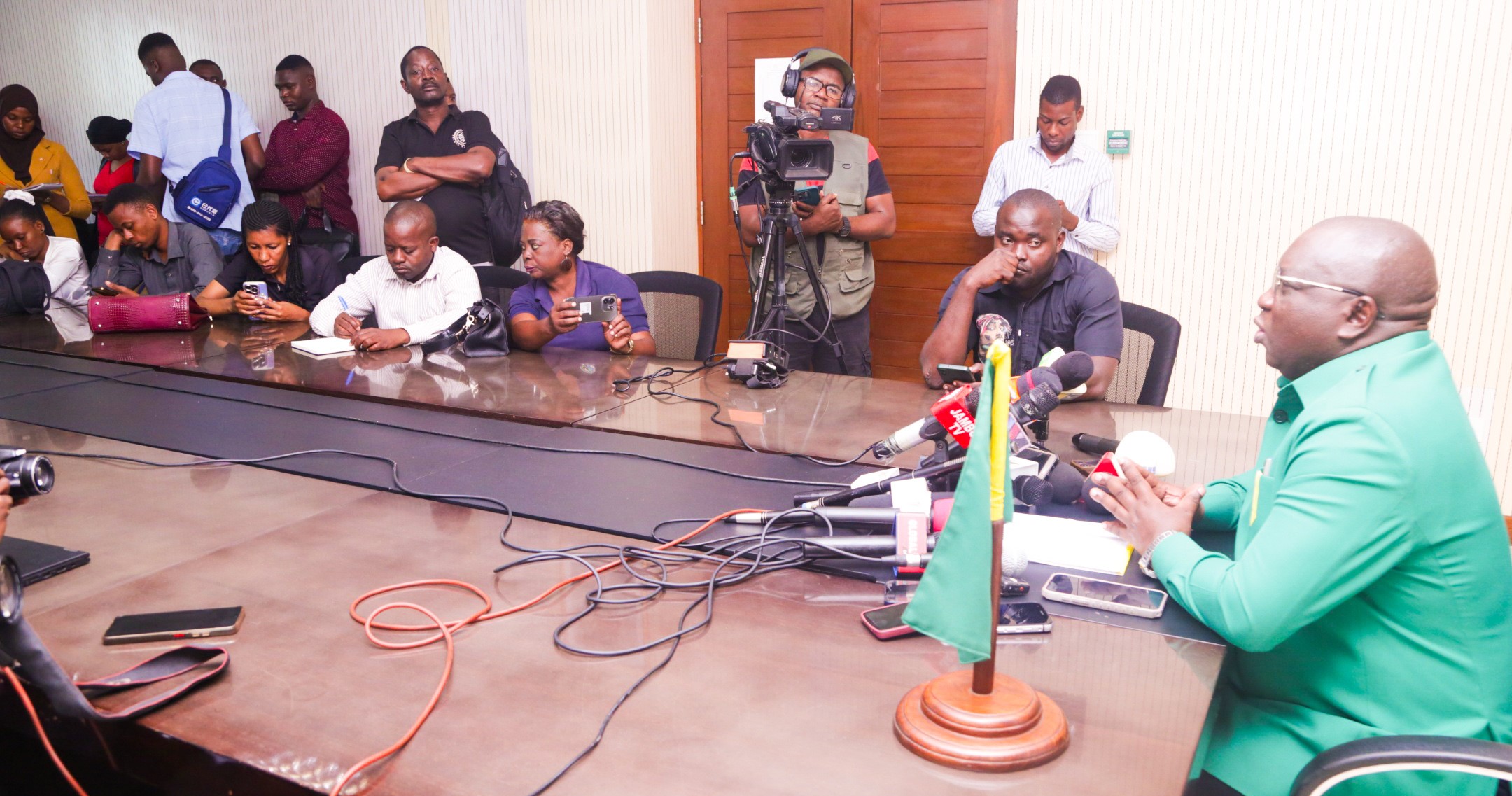Gender equality for a better tomorrow

Rhoda Bandora
What you need to know:
- In celebrating Mwananchi Communications Ltd’s season two of Rising Woman initiative, Mahatma Ulimwengu of The Citizen explores some of the underlying factors that slow down women’s push for their liberation. In Africa, women are at a significant natural disadvantage to their male counterparts. This reveals itself in a myriad of ways including domestic violence, familial and tribal upbringing, job opportunities (or the lack thereof), sanitary issues and gender-based violence.
- Issues dealing with misogyny and sexism are an eternal battle, but which must be brought to an end.
- Mahatma engaged with learned scholars and activists to shed more light and elucidation on the matter. In that regard, he talked with Rhoda Bandora, a PhD candidate, who has done extensive research regarding the plight of the African woman and systematic injustices brought about. Her research interests lie in understanding the narratives surrounding women’s bodies and women’s attempts to contest questions and subvert hegemonic narratives. For her masters’s degree, she explored the threat of ‘fake drugs,’ specifically hormonal contraceptives and women’s ‘access’ to these drugs. Such questions explored help understand the psyche of modern Africa – one that is caught between two worlds. On the one hand, there is all the knowledge we know and understand, with preventative treatments and solvable issues. On the other, comes stigma and pre-conceived notions of what ‘morality’ entails or what might be expected of a woman.
Question: How does your role as a woman impact your passion for gender equality?
Answer: It is my experience. Because of my gender, I have experienced certain levels of oppression and that has shaped the way I view my role in the world. But, at the same time, I grew up in that same world where I see my mom, grandmother, aunties and sisters fight for their own equality. It helped me realise that I’m surrounded by unapologetically strong women who have worked really hard to get where they are – despite their being oppressed – that inspires my passion.
Q: What are some of the systemic injustices that you have encountered in your research and studies?
A: The most important one that I’ve encountered is in the realm of reproductive health and adequate access to medications for women. In some areas, women cannot access adequate health care due to being too far away while the cultural and traditional ideals of women impact the agency over their own bodies.
Q: Do you think your education and upbringing has forced a leadership role upon you?
A: Perhaps, more my upbringing. Being inspired and encouraged to be whoever I wanted to be, so long as I work hard for it. That encouraged me to take up leadership roles in my academics and through my work.
Q: The theme for the Rising Woman Initiative this year is “Equality today for a sustainable tomorrow.” How does this translate into what you do?
A: Well it’s in the work that I do that if we provide women equal access to information and resources and services, and further agency into their own lives and decisions, we are then ensuring a better life for them.
Q: What role do African mothers play in shaping young girls’ minds and philosophies?
A: That’s the biggest role. Because, for me, I knew what it meant to be a woman. The kind of woman was very much inspired by mother. African mothers are the first to show you how to be a woman.
Q: Was it easy to find role models growing up?
A: Very much so. I come from a family of powerful women.
Q: Any powerful women outside your family?
A: Certainly. Tanzania has no short of inspiration. My biggest ones have to be Bibi Titi Mohammed and BiKidude. They are the unspoken heroes of Tanzania’s independence. They shaped so much of how we’ve come to understand Tanzania.
Q: Here’s a quote of yours…
Through a feminist approach to contemporary scholarly and policy conversations about fake drugs, my work asks questions about Tanzanian women’s access to contraceptives and how “access” is both informed and made difficult by the circulation of narratives around fake medication.
What do you mean by this? How is ‘access’ informed and made difficult through the circulation of narratives around fake medication?
A: Fake medication has a lot of meanings. In policy, it is defined as a pharmaceutical that is produced and sold with the intention to deceive the consumer about the origin, authenticity or efficacy of the product. Because of that, there is a certain level of fear or anxiety that exists in society about the threats that these drugs have to global health.
That’s true, but fake medication continues to exist. But on the consumer level, how do people then negotiate this threat and find ways to access authentic medication? What I have found is that ‘fakeness’ was used not to define the scientific capability of medication, but rather, it works as an expression to define a more complicated experience living in a society where access to contraceptives is influenced by a lot of ideas around morality, ideals on being a woman – ideals that are highly rooted in a woman’s ability to reproduce.
Q: What leadership role do you seek to play in the rise of women in Tanzania?
A: I feel like my role is in re-writing how society has come to understand women. Our abilities go further than traditional roles. Yes, we are mothers, wives, daughters, but we too are scholars, artists, entrepreneurs, teachers, politicians – presidents.
In keeping with the ‘Rising Woman’ theme, one ought to have a look around to spot the small yet significant contributions constantly being made.
The differences within us may often compel our negligence in addressing serious issue




